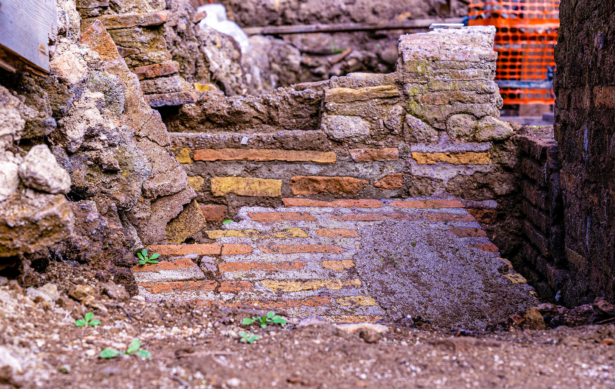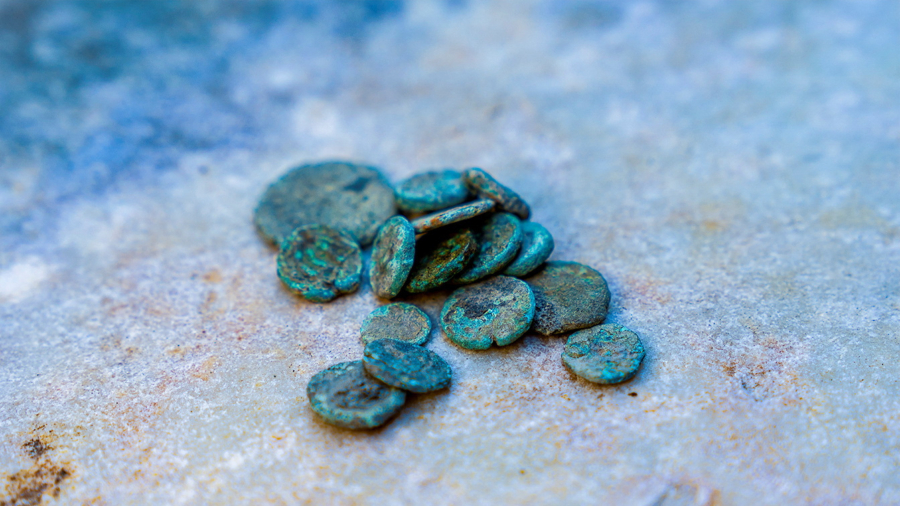ROME—Italian archaeologists on Tuesday said they may never find the remains of the opening stretch of ancient Rome’s first highway, the Appian Way, because underground water makes it impossible to dig deep enough to reach it.
Appius Claudius Caecus, a magistrate, started the Appian Way in the 4th century BC. It was known in ancient times as the “regina viarum,” or queen of the roads, due to its importance connecting Rome to Brindisi, a port on the south-eastern tip of Italy with sea access to Greece and other parts of the eastern Mediterranean. In the Middle Ages, it was the pilgrims’ route to the Holy Land.
Its legendary “first mile” is believed to lie about eight metres (26.25 ft) underground next to the ancient Baths of Caracalla, but a months-long effort to unearth it is about to be abandoned as early as this week.
Excavations have reached a depth of five to six metres, but “a very powerful groundwater current has prevented us from going further,” Professor Riccardo Santangeli Valenzani of Roma Tre University told reporters.

Valenzani explained that pumps are working 24/7 to clear water from the digging site and allow exploration, but would not be powerful enough if the excavation were to go deeper.
The dig has nevertheless not been declared a failure as it has revealed precious traces of life from the second to the late 18th century, including an ancient Roman statue and one of the earliest coins to be minted by a pope, from around 690 to 730.
“The eight metres under our feet are equal to a three-floor building and are the result of 3,000 years of history of the city,” said Daniele Manacorda, another professor involved in the project.
In a last bid to find traces of the Appian Way’s founding stones, archaeologists will extract samples of what remains unexcavated via a core drill before covering up the site.
By Alvise Armellini


